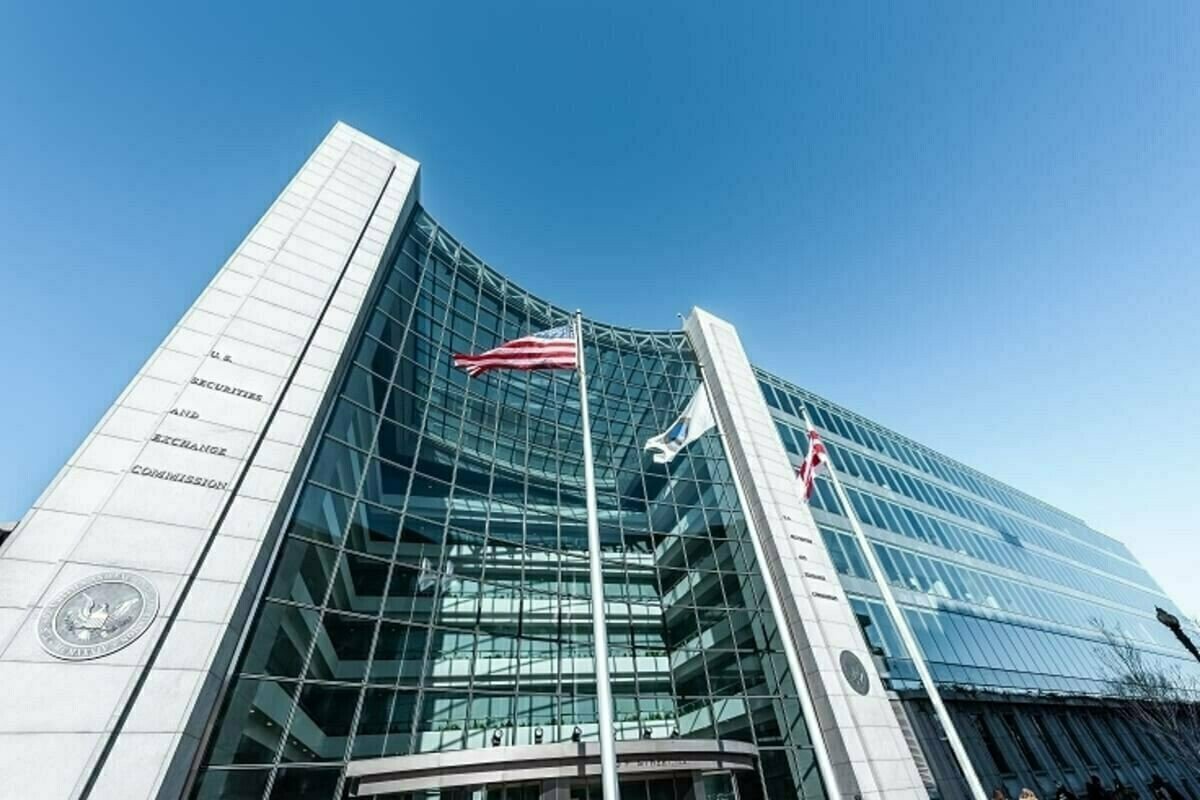Despite being a disruptive force which pits itself in opposition to traditional finance, crypto has also witnessed its own series of bank runs, and some observers believe future runs of what some call ‘crypto shadow banks’ could become more destructive, according to Matt Levine, an opinion columnist for Bloomberg.
The analyst stated that, while cryptocurrencies started as a form of backlash to fractional reserve banking and the 2008 shadow banking crisis, by 2022 the crypto industry had matured to the point that it managed to recreate “both fractional reserve banking (but without regulation!) and a 2008-style shadow banking crisis.”
“People in crypto did not trust the banks, in part for the good reason that the banks were doing something (maturity transformation) that is both risky and in some deep sense deceptive. But people in crypto did want the benefits of maturity transformation: People with crypto wanted to park it somewhere safe, earn interest and have access to it whenever they wanted; other people wanted to borrow crypto without the risk of having to give it back early,” according to Levine who identifies a number of what he describes as crypto shadow banks, including FTX, Celsius and Voyager, among others.
Deprived of most regulation, those companies were enabled to offer their services, market them aggressively, but also tank most of their customers’ money, he concludes.
Two scenarios for ‘crypto shadow banks’
“If your concern is that crypto shadow banks are becoming more interconnected with the real economy, and that therefore future runs on those shadow banks might be more destructive, there are two ways to go,” Levine said, presenting two potential scenarios that could happen.
Under the first scenario, the analyst said that U.S. regulators could opt to protect crypto shadow banks from runs by covering them with deposit insurance and regulation, as is the case with traditional finance institutions such as banks.
This said, the regulators could also choose to protect the real economy from exposure to crypto shadow banks, making it really difficult for the traditional financial system to develop ties with crypto firms, according to Levine.
“US regulators seem to be choosing Option 2, which … seems … right … to me? As a matter of regulatory preferences but also as a matter of crypto’s preferences. Just imagine implementing Option 1. Imagine the meeting between the US Federal Deposit Insurance Corp. and, like, Tether, to talk about supervision and deposit insurance,” the commentator said.
The analyst concludes that crypto shadow banks had insufficient liquidity buffers, so they should have been regulated as US banking regulators would have forced them to implement higher liquidity buffers.
A second possible explanation is that those crypto shadow banks adapted insufficient liquidity buffers due to the fact that “their business of lending against volatile collateral was incredibly risky and run-prone, and if US banking regulators had supervised these platforms they probably still would have had runs and gone bust (like several actual banks did recently!), but it would be the government’s fault?” asked Levine.
Read the full article here


